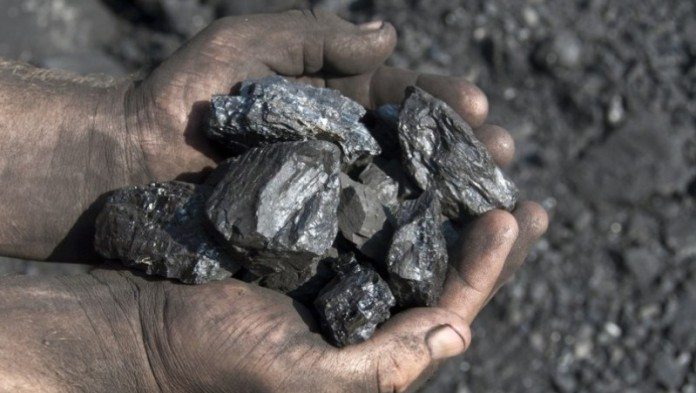
ANGLO American completed the sale of the balance of its South African thermal coal assets nearly a year ago but it participated in some of the run in prices.
The group today announced it had sold a remaining 8% stake in Thungela Resources for gross proceeds of R1.67bn ($115m) through an accelerated bookbuild.
Thungela listed in Johannesburg and London in June following the demerger of its assets from Anglo American as the diversified miner sought to lessen its carbon exposure. Since its listing, shares in the company have gained over 600% owing to runaway coal prices.
Anglo placed the shares at R154 per share representing a 12% discount to Thungela’s closing share price on March 24, and a 4% discount to the March 23 close.
The group said at the time of the demerger that it was dispose of the remaining stake “over time and in a responsible manner”.
On March 22, Anglo announced a R18 per share dividend – a R2.5bn payout – and said the outlook remained strong given the spike in thermal coal prices. It posted a R6.9bn profit for the 12 months ended December.
The coal market oscillated between market extremes last year. In February, the price for coal ex-Newcastle (Australia) was $248 per ton. Prior to this there were concerns that the coal market would be oversupplied.
Thungela’s payout – 63% of adjusted operating free cash flow and above its dividend policy of a minimum 30% level – suggests the company is sanguine about the market’s prospects. “Our exceptional performance shows the magnitude of what we have been able to accomplish since demerger,” said July Ndlovu, CEO of Thungela at the firm’s results.
Morgan Stanley said in a report in February that some of the supply disruptions in the coal sector may not be a fleeting phenomenon owing to Covid related absenteeism in Australia and Indonesia which were 27% below fourth quarter levels at the time of writing. “We have been writing about the transitory nature of thermal coal’s seaborne supply disruptions for the last 1.5 years, but disruptions appear to have become rather structural,” it said.
“People have been writing the obituary for coal far too early; it is the commodity that everyone loves to hate,” said Ndlovu. But the coal market was extremely robust as a result several factors including Russia’s invasion of Ukraine.











